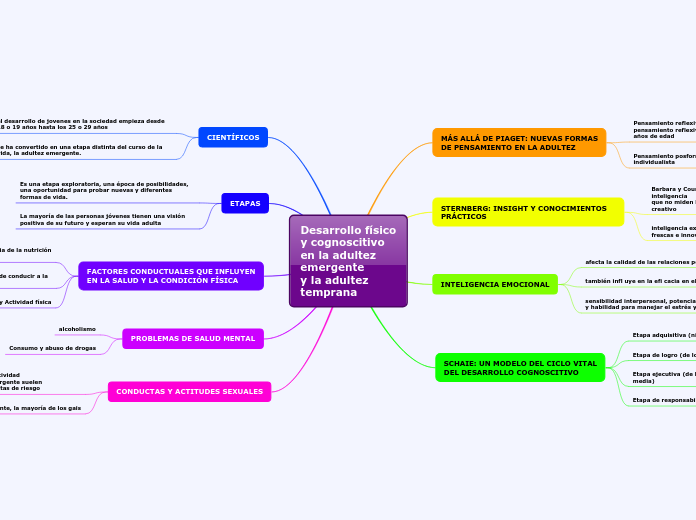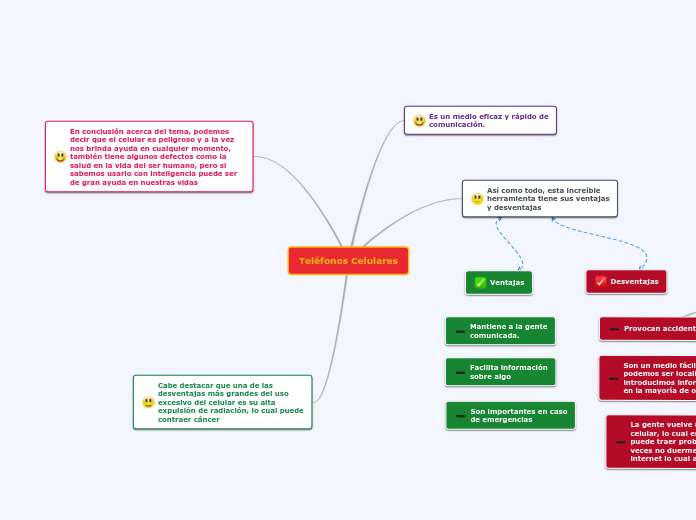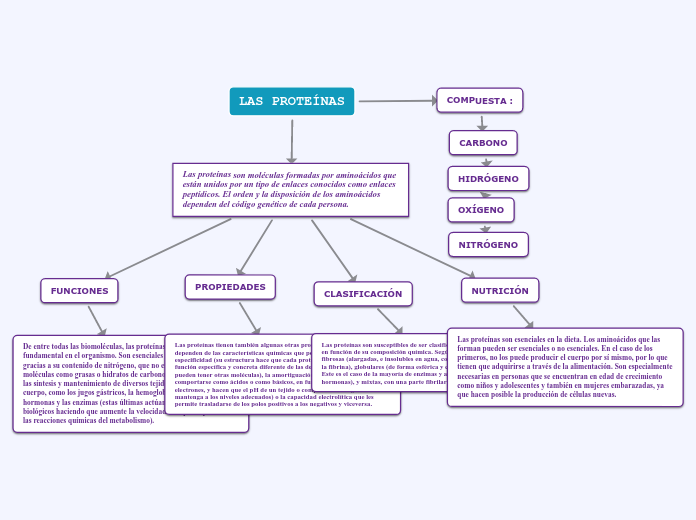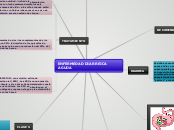Desarrollo físico
y cognoscitivo
en la adultez
emergente
y la adultez
temprana
A noun is a word that functions as the name of some specific thing or set of things, such as living creatures, objects, places, actions, qualities, states of existence, or ideas.
CONDUCTAS Y ACTITUDES SEXUALES
Compound nouns are words where two nouns have been stuck together to make a new noun. Compound nouns should be written as one word, without a hyphen.
Para la adultez emergente, la mayoría de los gais
Las personas que inician la actividad
sexual durante la adultez emergente suelen involucrarse en menos conductas de riesgo
PROBLEMAS DE SALUD MENTAL
Generic nouns are nouns that are part of a generic statement. Generic nouns can be singular or plural. The opposite of generic nouns is collective nouns.
The difference between definite/indefinite and generic nouns is that in the sentence there must be a blanket statement or question.
Consumo y abuso de drogas
alcoholismo
FACTORES CONDUCTUALES QUE INFLUYEN
EN LA SALUD Y LA CONDICIÓN FÍSICA
Proper nouns are the names of specific people or places. They should always begin with a capital letter.
Trastornos alimentarios y Actividad física
Obesidad y sobrepeso: La obesidad puede conducir a la depresión y viceversa
Dieta y nutrición El dicho la importancia de la nutrición
para la salud física y mental.
ETAPAS
A concrete noun is a noun that can be identified through one of the five senses (taste, touch, sight, hearing, smell).
La mayoría de las personas jóvenes tienen una visión positiva de su futuro y esperan su vida adulta
Es una etapa exploratoria, una época de posibilidades, una oportunidad para probar nuevas y diferentes formas de vida.
CIENTÍFICOS
Possessive nouns are nouns which possess something, normally another noun.
se ha convertido en una etapa distinta del curso de la vida, la adultez emergente.
el desarrollo de jovenes en la sociedad empieza desde 18 o 19 años hasta los 25 o 29 años
SCHAIE: UN MODELO DEL CICLO VITAL
DEL DESARROLLO COGNOSCITIVO
Countable nouns are nouns that can be counted, even if the number might be extraordinarily high.
Uncountable nouns are nouns that come in a state or quantity which is impossible to count; liquids are uncountable, as are things which act
like liquids.
Etapa de responsabilidad (de los 39 a los 61 años).
Etapa ejecutiva (de los treinta o cuarenta a la edad media)
Etapa de logro (de los 19 o 21 años a los 30 o 31)
Etapa adquisitiva (niñez y adolescencia).
INTELIGENCIA EMOCIONAL
A noun which refers to a group of things/people.
sensibilidad interpersonal, potencial de liderazgo
y habilidad para manejar el estrés y el conflicto.
también infl uye en la efi cacia en el trabajo.
afecta la calidad de las relaciones personales
STERNBERG: INSIGHT Y CONOCIMIENTOS PRÁCTICOS
A noun which cannot be identified by using one of the five senses (taste, touch, sight, hearing, smell).
inteligencia experiencial de Barbara, que expuso ideas frescas e innovadoras.
Barbara y Courtney se destacaban en dos aspectos de la inteligencia
que no miden las pruebas psicométricas : el insight creativo
MÁS ALLÁ DE PIAGET: NUEVAS FORMAS
DE PENSAMIENTO EN LA ADULTEZ
Irregular nouns are nouns which don’t follow a spelling pattern when pluralized.
Pensamiento posformal es flexible, abierto, adaptable e individualista
Pensamiento reflexivo: La capacidad para el pensamiento reflexivo parece surgir entre los 20 y 25 años de edad









